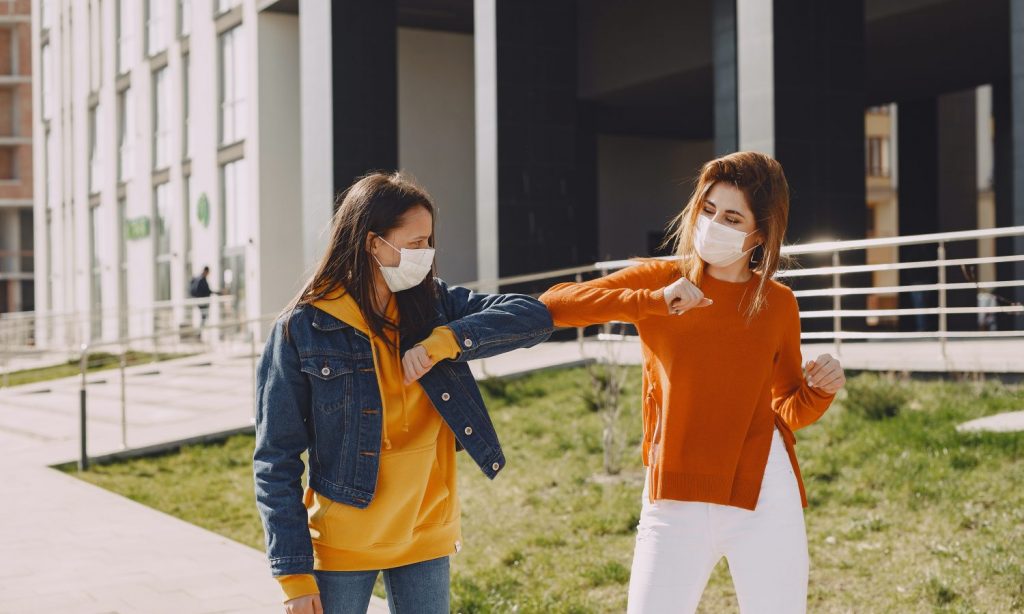Despite the rising number of global coronavirus cases, preventative measures can be taken to reduce the risk of catching this virus and/or passing it on to others.
Have you or someone you personally know been diagnosed with COVID-19 since the start of the pandemic? Although millions of people around the world have so far been diagnosed with with the virus, it affects each individual differently regarding symptom development, the severity or intensity of symptoms, recovery time, and more.
Since December 2019, COVID-19 cases have reached 107 million worldwide with close to 30 million just in the U.S. alone. As time goes on, research studies are providing different facts and useful details about this novel virus and ways to fight it. Five important facts about COVID-19 that have been revealed so far include:

Coronavirus is a respiratory virus
Numerous COVID-19 symptoms are likely to mirror those of other common respiratory viruses such as a common cold and influenza.
Main COVID-19 symptoms
Some of the most common Coronavirus symptoms to look out for consist of a fever greater than 100°F, shortness of breath, fatigue, chest pain, loss of smell or taste, and/or a cough that progressively worsens over time.
RELATED: 5 COVID-19 Vaccine Myths Debunked
Keep in mind that if you experience any or all of these symptoms, it’s not definite that you have COVID-19. As time goes on, if you feel worse, if your symptoms get more severe, or if they don’t subside, the next step is to schedule a doctor’s appointment to determine what’s really going on.
Your environment matters
By now, COVID-19 has shown that it doesn’t transmit well outside or in warmer and humid air. Therefore, most Coronavirus spreading occurs within indoor rooms or spaces. When in enclosed spaces for whatever reason, it’s recommended to wear a face mask and distance yourself from others.
Knowledge and proper education is essential
As COVID-19 research evolves, the Center for Disease Control and Prevention’s (CDC) recommendations continue to change. As a result, it’s wise to stay informed, educated, and up-to-date on any new changes made by medical experts and organizations.
Post-quarantine steps
After completing a period of quarantine or overall isolation, individuals are no longer a health risk to others. From here, preventative measures should be taken to stay healthy.
Ways to Protect Yourself Against Covid-19
Despite the rising number of global coronavirus cases, preventative measures can be taken to reduce the risk of catching this virus and/or passing it on to others. A few examples include thorough and frequent hand washing, the use of face masks and overall face coverings, applying sneezing and coughing precautions, and maintaining a social distance from others.

Other ways to stay healthy for yourself and others is to avoid touching your eyes, nose, and mouth whenever possible and staying home if you have any unusual symptoms or doubts about the state of your health.
RELATED: This Is The Most Obvious Symptom Of The New COVID-19 Variant
Overall, not only are researchers committed to uncovering additional information about Covid-19’s potential causes and plethora of symptoms, but also its short-term and long-term effects. Many large research groups are performing clinical trials like HERE with the intent of helping the healthcare community be more informed about and prepared for Covid-19 as well as other pandemics that may occur in the future.
When to Schedule a Doctor’s Appointment
If you experience coronavirus-like symptoms that progressively get worse, take this as a sign to schedule a doctor’s appointment. At that point, your doctor may recommend getting a COVID-19 test or possibly explore other options.


